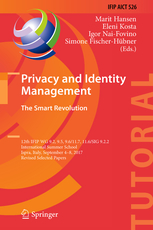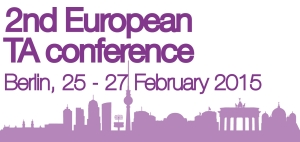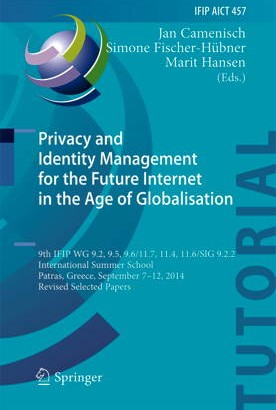Abstract. This workshop introduced participants to the process of Data Protection Impact Assessment. This new tool of the GDPR is highly relevant for any processing of personal data, as it helps to structure the process, be aware of data protection issues and the relevant legislation and implement proper safe- guards to protect data subjects. For processing operations posing a high risk for data subjects, a DPIA is mandatory from May 2018. The interactive workshop provided a framework for DPIA and guidance on specific questions such as when a high risk is likely to occur or how specific risks can be evaluated, which was assessed by participants in an interactive session with two different scenarios.
Bieker, Felix, Nicholas Martin, Michael Friedewald, and Marit Hansen, “Data Protection Impact Assessment: A Hands-On Tour of the GDPR’s Most Practical Tool”, in Marit Hansen, Eleni Kosta, Igor Nai-Fovino, and Simone Fischer-Hübner (eds.), Privacy and Identity Management. The Smart Revolution. 12th IFIP WG 9.2, 9.5, 9.6/11.7, 11.6/SIG 9.2.2 International Summer School, Ispra, Italy, September 4-8, 2017, Revised Selected Papers, Springer, Cham, 2018, pp. 207-220. https://doi.org/10.1007/978-3-319-92925-5_13





